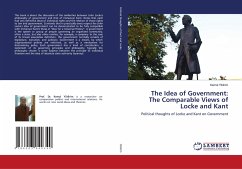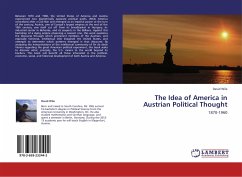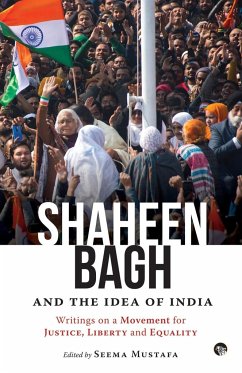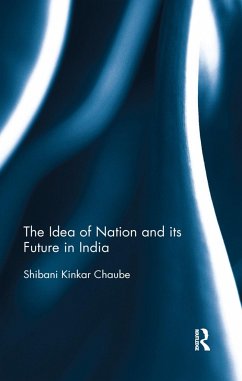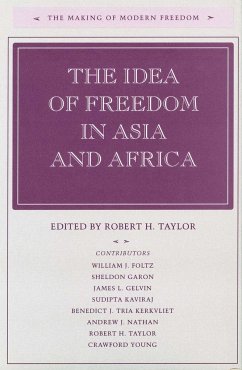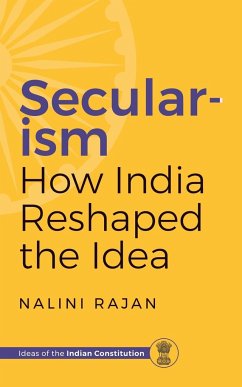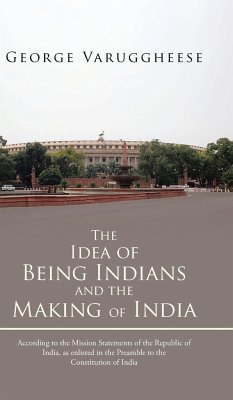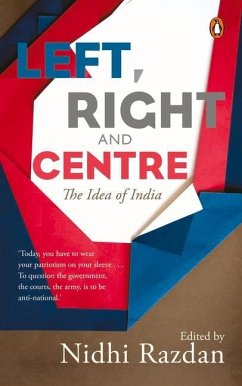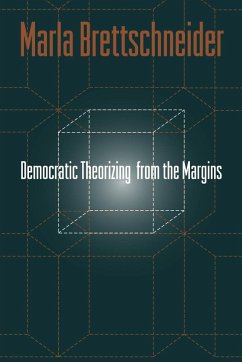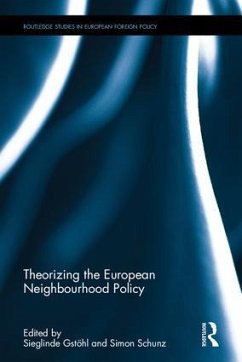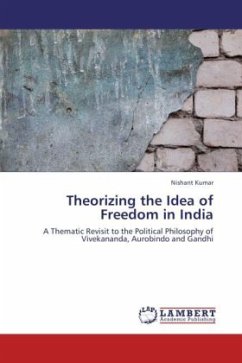
Theorizing the Idea of Freedom in India
A Thematic Revisit to the Political Philosophy of Vivekananda, Aurobindo and Gandhi
Versandkostenfrei!
Versandfertig in 6-10 Tagen
45,99 €
inkl. MwSt.

PAYBACK Punkte
23 °P sammeln!
In this work, the author tries to creatively engage with the works of Vivekananda, Aurobindo and Gandhi to comprehend thereby the redefinition and reconstruction of the idea of freedom in India. Kumar suggests that modern Indian thought contains resources for thinking about "inclusive freedom"- a conception of freedom that he distinguishes from conventional western theoretical articulations of negative and positive freedom, and from views that tend to classify Indian notions of freedom as 'other-worldly' in their orientation. Based on these propositions, the author further claims that the unde...
In this work, the author tries to creatively engage with the works of Vivekananda, Aurobindo and Gandhi to comprehend thereby the redefinition and reconstruction of the idea of freedom in India. Kumar suggests that modern Indian thought contains resources for thinking about "inclusive freedom"- a conception of freedom that he distinguishes from conventional western theoretical articulations of negative and positive freedom, and from views that tend to classify Indian notions of freedom as 'other-worldly' in their orientation. Based on these propositions, the author further claims that the understanding of self, society and freedom as developed in the work of Vivekananda, Aurobindo and Gandhi can at a larger level provide a categorical response to the challenge posed by colonial modernity, thereby creating a kind of 'alternative modernity'.



